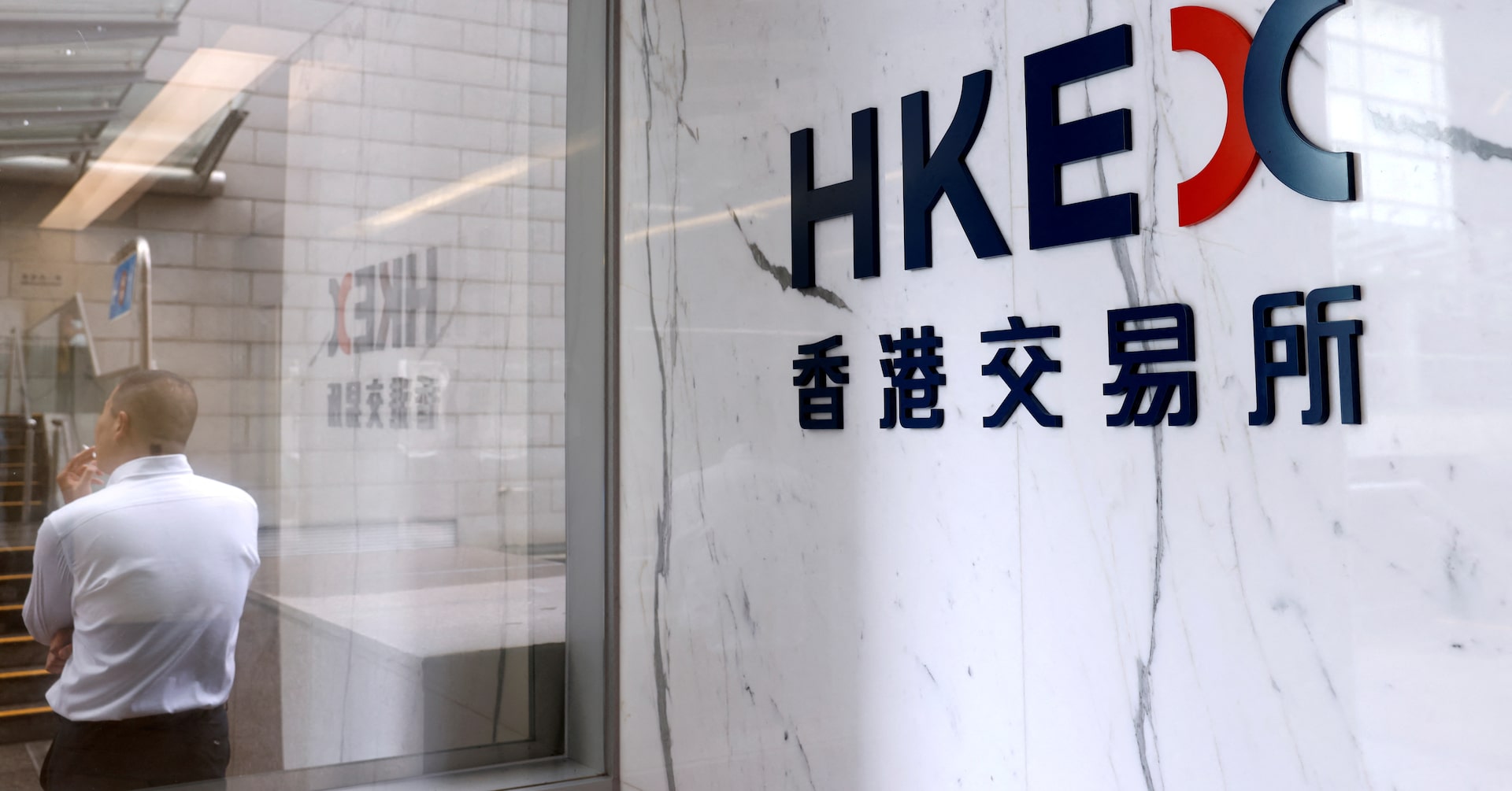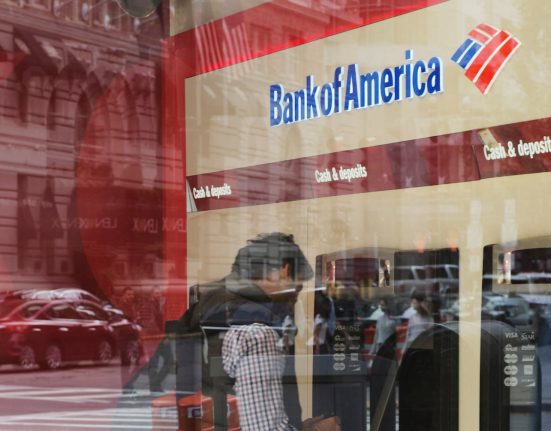HONG KONG/SHANGHAI, March 28 (Reuters) – Mainland Chinese investors poured into Hong Kong’s stock market with a record buying spree in the first quarter, chasing an artificial intelligence frenzy and seeking portfolio diversification.
Net inflows from onshore funds into Hong Kong’s equity market through the Stock Connect scheme were over HK$435 billion ($55.93 billion) so far this year, the highest quarterly purchases since the scheme was launched in 2014 and above the previous record of HK$373 billion in the first quarter of 2021.
Sign up here.
“A-shares don’t really have any companies that make you go ‘wow’ right now,” said Jack Zhou, a Shanghai-based retail investor, referring to mainland-listed stocks.
“Why should I invest in the old, weak, and struggling ones on the A-shares market instead of buying the good companies in Hong Kong?” he added.

“Compared with their global peers, mainland Chinese investors have a much lower weight of foreign stocks in their portfolios,” Patrick Pan, China equity strategist at Daiwa Capital Markets Hong Kong, said in a note.
That has accelerated their outbound investments mainly via the southbound channel and the Qualified Domestic Institutional Investor (QDII) funds, he said.

To be sure, the H-share rally has already shown some signs of exhaustion, with recent market pullbacks suggesting some profit-taking. Meanwhile, the valuation gap between dual-listed shares in mainland China and Hong Kong has narrowed to near the lowest level since 2020, which could lead to some rotation back home.
Still the current rally in H-shares appears to be driven by genuine investor confidence rather than policy-driven short-term trading, which could continue if fundamentals follow through, analysts said.
“In the past, when you have policy stimulus, it’s always the A-shares that rallied because of national team buying,” said Mark Davids, portfolio manager and co-Head of Asia Pacific Regional Equities at JPMorgan Asset Management in Hong Kong.
“The fact that it’s H-shares rallying now indicates real money, real investors, and genuine confidence returning. If this carries on, there’s potential for international money, which has been absent from Chinese markets for years, to come back.”
($1 = 7.7769 Hong Kong dollars)
Reporting by Jiaxing Li in Hong Kong and Li Gu in Shanghai; Editing by Vidya Ranganathan and Rashmi Aich
Our Standards: The Thomson Reuters Trust Principles.







